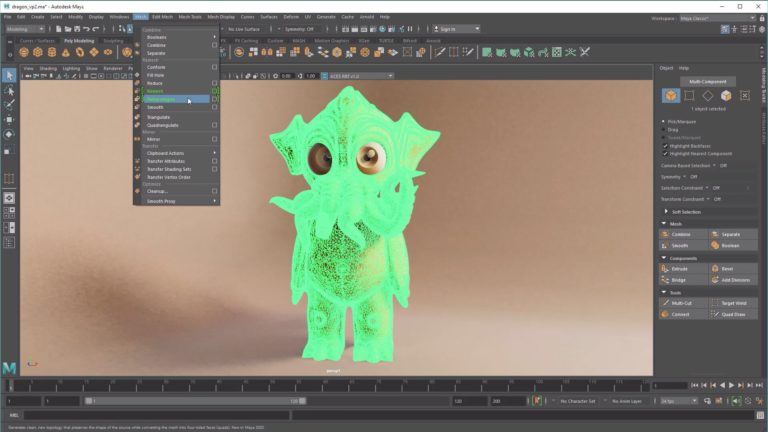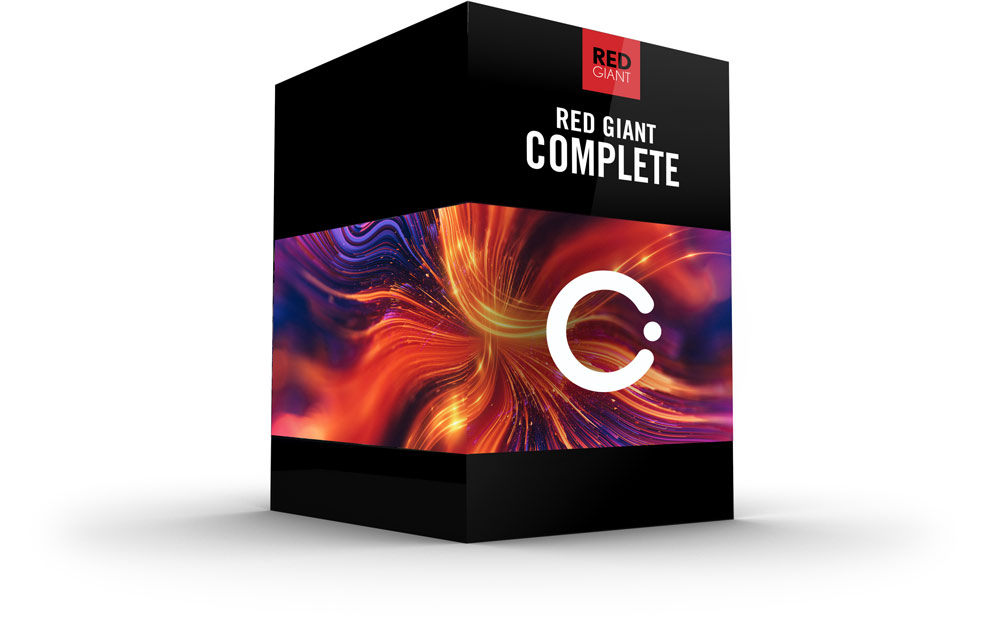New Functionality to be Showcased at GDC 2009 Chalk Talk Session
“There should be no barriers between different applications in a 3D workflow,” says Brad Peebler, president and founder of Luxology. “With our new COLLADA support, modo users will enjoy a transparent workflow that allows them to preserve crucial attributes of 3D files both into and out of modo.”
Another important capability Luxology has written into COLLADA is support for modo’s powerful layered transform stacks, so that multiple transforms can be specified for a single item, allowing such constructs as orbital planetary motion to be represented with minimum overhead.
For additional pipeline flexibility, Luxology has built a “modo profile” technique into COLLADA, providing a text version of nearly all modo items and their internal channels and animation envelopes. The modo profile enables everything that can be exported from modo to be imported back with the exact same values, including additional modo-specific data that expresses items, channels and envelopes that are not part of the standard COLLADA file format specification. These human-readable modo profiles can then be directly edited using a plain text or XML editing tool. Additionally, the exporter can output profiles for Maya ® and 3ds Max ®, describing many elements that are not an official part of the standard COLLADA specification.
The COLLADA tools will be provided at no charge to all modo 401 users and will be included as source code examples in the modo File I/O Software Developer Kit so that game developers and others will be able to modify the tools or use this as a basis for supporting other formats as needed.
Did you enjoy this article? Sign up to receive the StudioDaily Fix eletter containing the latest stories, including news, videos, interviews, reviews and more.









